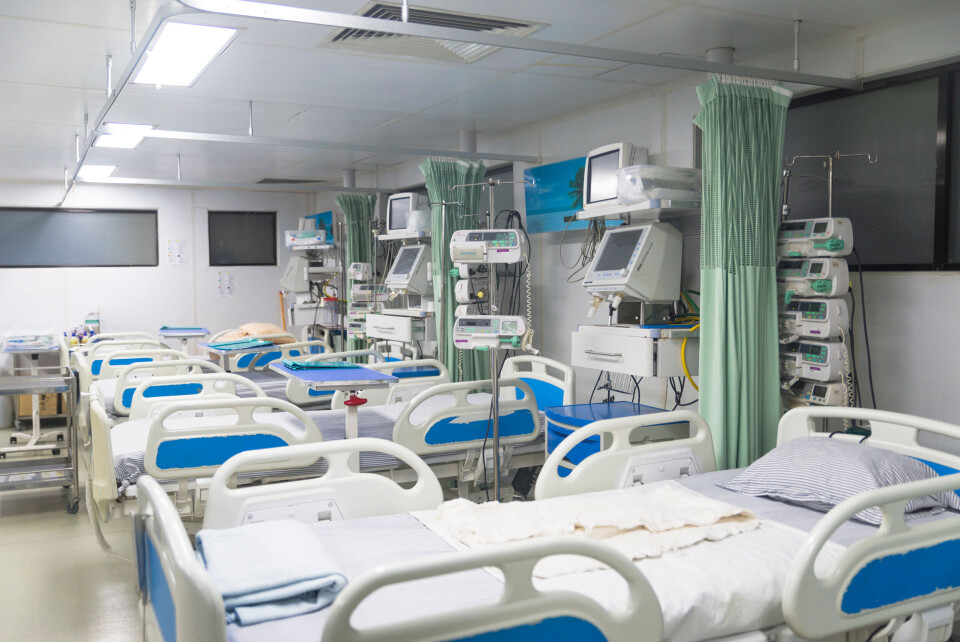-
Festivals, holidays and places to visit in France in April 2025
Including a gladiator battle in a Roman arena, an international garden festival and the Paris marathon
-
Many Société Générale customers to be charged additional fees from April
There is some good news for international banking and instant transfers, however
-
Why gas prices in France are rising in April - and by how much
It comes after six consecutive monthly rises. Try these tips to reduce your bills
French health minister announces 1,000 extra ICU hospital beds
A new critical care plan also states the need to improve facilities in the Brittany and Pays-de-Loire regions, which are said to lag behind the rest of the country

France is to add an extra 1,000 intensive care unit (ICU) beds and increase the number of staff working in the units, Health Minister Olivier Véran announced yesterday (March 10).
The aim is to have the measures in place by the end of 2023.
The minister presented the plan in a ‘critical care’ roadmap for 2022 to 2025.
The 1,000 new beds will be made up of 500 that had been closed due to lack of staff, and 500 beds for post-resuscitation care, the report states.
There were 5,080 ICU beds in France in 2019, before the pandemic. Further temporary ones were set up during the pandemic.
The roadmap also includes a target to increase the number of nurses in ICUs, aiming for one nurse for every four beds, day and night. This would raise the total number to 2,800.
The Connexion has asked France’s national nurses federation how many nurses there are today per bed in ICUs, and what they make of the new roadmap. We are awaiting their reply.
Article D6124-32 of France’s public health code states that:
“Under the responsibility of a nurse manager, the paramedical team of an adult intensive care unit includes at least two nurses for five patients and one orderly for every four patients.”
It does not make a distinction between day and night duty.
Elsewhere in Mr Véran’s new ICU roadmap, it states the need to rapidly improve ICU facilities in places where it is at a lower level, such as Brittany, Pays-de-Loire, and the overseas departments of Guyane and Mayotte.
Il fallait donner plus de moyens à nos services de réanimation. Nous en prenons l'engagement ferme : 1000 lits supplémentaires, renforcement inédit des équipes médicales et soignantes.
— Olivier Véran (@olivierveran) March 10, 2022
Mr Véran said the plan was based on lessons learned during the coronavirus pandemic.
“It is a strong commitment to equip our health system with a structured critical care network, with reinforced capacity, with the necessary professionals who are capable of caring for our fellow citizens in the best conditions,” he said.
“It also means preparing for the future and anticipating possible future health crises.”
Related articles
Health cabins: virtual GP visits becoming more popular in France
Flu epidemic intensifies in south-east, Ile-de-France and Brittany
250 centres across France offer relief for chronic pain sufferers
























